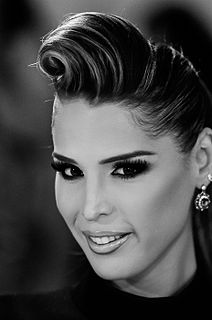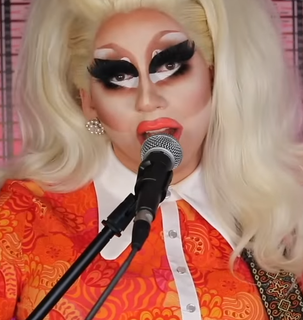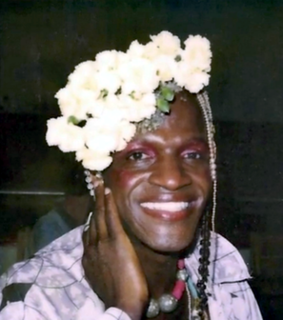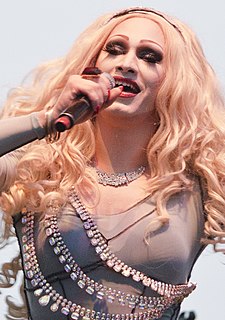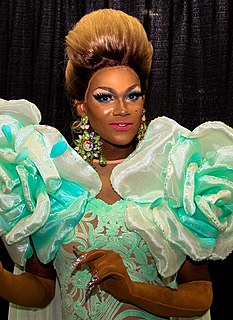A Quote by Carmen Carrera
My experience started in the gay nightlife/drag life. I was just as consumed in ignorance about what is offensive to transpeople because at that time I hadn't found myself. I was living as a drag performer only.
Related Quotes
I feel like I am just an entertainer. It does not matter what form I take to perform and entertain. I think I deserve being called a performer because you don't call Tyler Perry a drag queen. You don't call Will Smith a drag queen and all the other mainstream artists who use the aesthetic of drag to entertain.
At the end of the day, I just love drag so much that it's not enough for me to be a successful drag queen. I want to do right by my drag community as a whole... creating opportunities for other performers, documenting and uplifting amazing drag, and generally just contributing a lot of love and respect to our fabulous little world!
